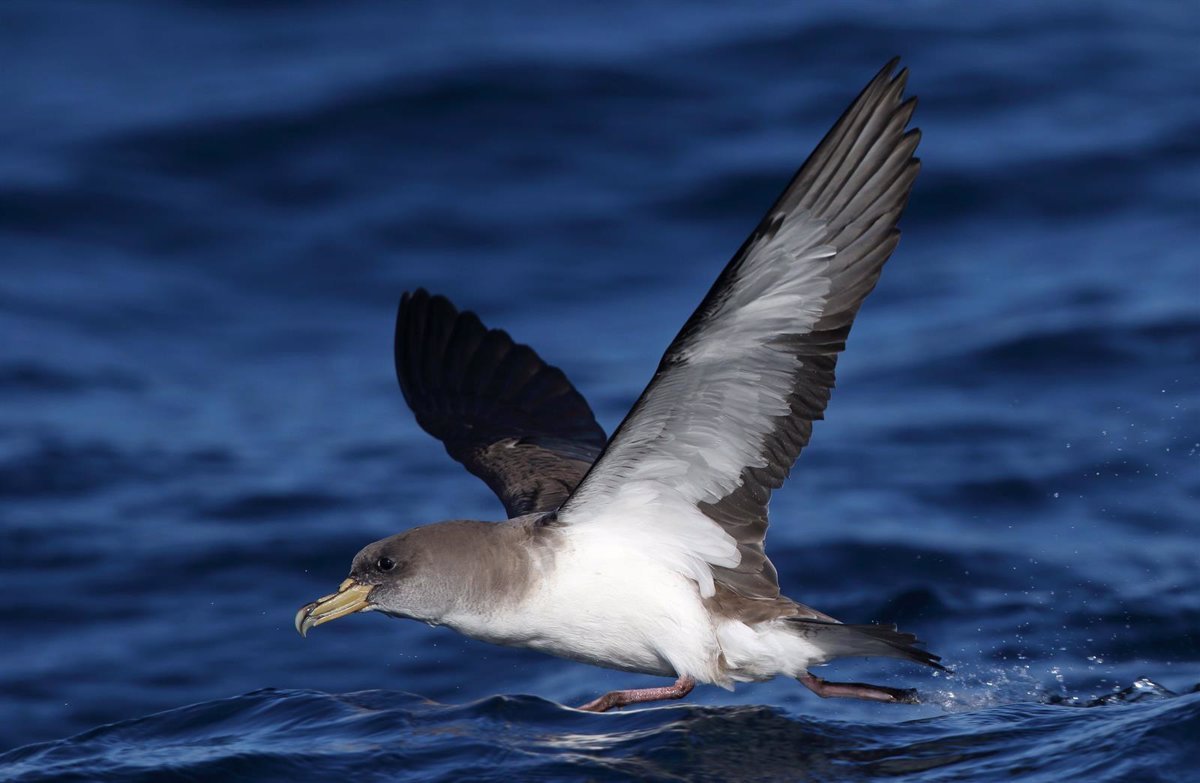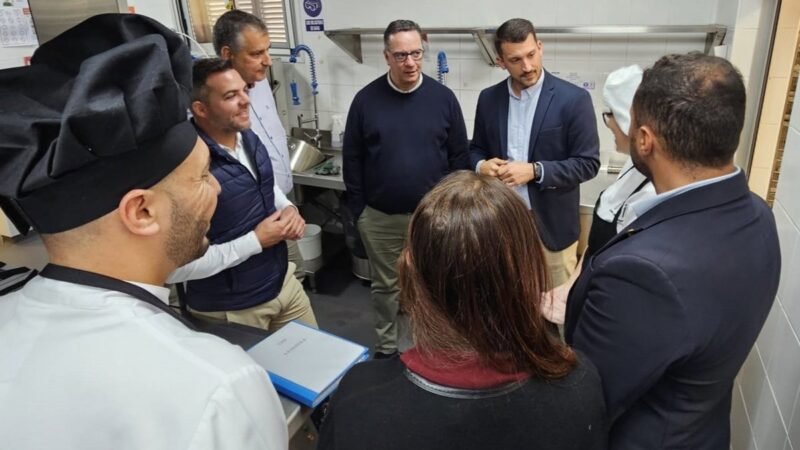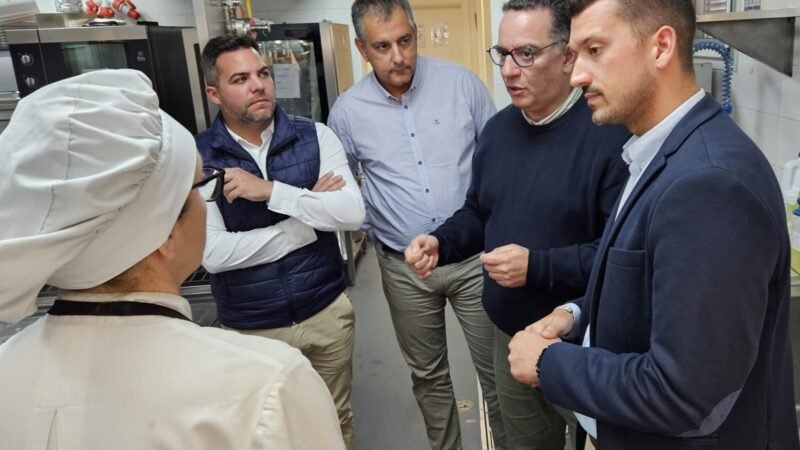SEO/BirdLife has filed a formal complaint with the Animal Welfare Department of the Cabildo de Lanzarote for the capture and subsequent release of cats on the island of La Graciosa in July 2024.
This island, they point out, is a sanctuary for seabirds, as it is part of the Natura 2000 Network and is protected as a natural park, as reported by SEO/BirdLife in a press release, in which it notes that the presence of cats on islands like La Graciosa represents a «serious threat» to the local fauna, especially to seabirds, as reported by the organization in a press release.
Cats, they point out, are «efficient predators that can cause rapid and significant extinctions» of species that are not adapted to their presence. In this sense, the environmental NGO stated that there are at least a hundred species of terrestrial vertebrates included in the Canarian Catalog of Protected Species on La Graciosa.
The capture, sterilization, and release or return (CES/CER) method applied at the request of the Animal Welfare Area of the Cabildo de Lanzarote has shown, it emphasized, to be «ineffective» in this context. This approach, they claim, «not only does not adequately reduce» the cat population, but also allows them to continue hunting and negatively affecting the island’s biodiversity.
The capture and release of cats in such a «sensitive and protected area contradicts» the conservation goals of the Natura 2000 Network and the natural park, as well as all existing regulations on biodiversity conservation, including the recent Animal Welfare Law, which «does not consider the presence of these animals where they pose a threat to biodiversity.»
SEO/BirdLife, along with other environmental organizations, emphasizes that they already warned of this fact in September 2024, although now, through this formal complaint, they have requested the Department of Youth, Open Government, Trade, Consumer Affairs, Crafts, and Animal Welfare of the Cabildo de Lanzarote to annul the actions taken and issue a resolution revoking the campaign regarding the return of cats to the natural environment and proceed with the capture and removal of all released individuals from the island of La Graciosa.
Furthermore, authorities are urged once again to reconsider their approach, as well as to implement more effective measures such as controlling stray cats roaming the island, accompanied by constant monitoring to prevent their reintroduction.
They also consider it «crucial» to involve the local community in conservation efforts and educate them on the importance of keeping domestic cats indoors to protect biodiversity.
The SEO/BirdLife delegate in the Canary Islands, Yarci Acosta, stated that in places like La Graciosa, the «battle against biodiversity loss» is being fought, pointing out that they cannot experiment with strategies that «have never worked, like CES/CER, especially in such fragile and threatened places like this.»
«From SEO/BirdLife, we will continue to demand that the authorities involved comply with the legal framework prohibiting the release of cats in a protected area like this, considering legal action if necessary.»
Finally, the Conservation Manager of SEO/BirdLife, Kiko Álvarez, pointed out that owned cats «must be controlled and not have access to the natural environment, and there should be no felines roaming any natural spaces in the Canary Islands.»
He added that due to its ecological significance, biodiversity conservation in La Graciosa «must be a priority,» and the implementation of appropriate measures «is essential to protect the valuable species and habitats that are part of the Natura 2000 Network.»




